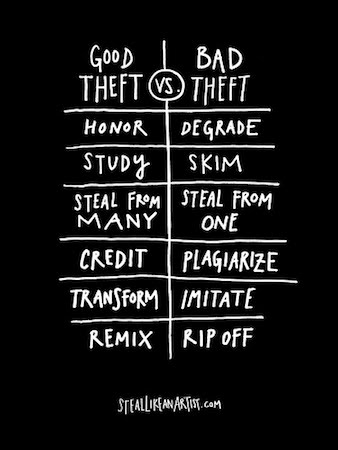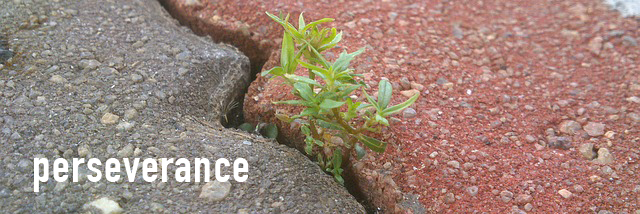West Virginia Wesleyan College // School of Fine Arts & Humanities
Department of Art
Spring Term 2017 // Drawing II // ART112
Spring Term 2017 // Advanced Drawing // ART325
Classroom: McCuskey Room 116
Mon/Wed 6-8:30pm
Professor: Ellen Mueller // Office: McCuskey Room 105
Office Hours: Tue/Thu, 3-5:30pm & by appointment
Email: mueller_e@wvwc.edu
COURSE DESCRIPTION
This course will focus on developing and refining our understanding of sources, influences, and styles within drawing. Students will practice analysis and rendering of various styles through the use of multiple media. This course also develops figure drawing skills and color drawing skills while growing conceptual prowess. We will build on previous study of the elements and principles of design, and composition. We will encounter frustrations as we deal with unexpected road-blocks, and create work-arounds that fit within our timeline. These are important skills to practice as you will do the same when you leave academia and enter the world of professional practice.
OBJECTIVES:
- Students will gain basic knowledge, vocabulary and understanding of a wide range of materials such as colored pencil, pastel, oil pastel, or water color.
- Through sketchbook assignments, students will practice the skills of figure drawing, storyboarding, and composition.
- Via the development of discussion questions and the participation in group discussion/critique, students will gain enhanced analytical skills, fluency in visual language, and the ability to use that language, both written and oral. (Concepts may include appropriation, the master copy, copying, stealing, incorporating, morphing, synthesizing, forging, copyright, fan art, fair use, homage, joint authorship, parody, plagiarism, public domain, and satire.)
- Students will develop a cursory understanding of their own sources and influences by brainstorming, researching and presenting their findings on the subject.
- Students will continue to practice identifying, utilizing, and analyzing the elements and principles of design.
- Students will strengthen their ability to form creative ideas through conceptual assignments.
- Students will strengthen awareness of the historical context of drawing by reading about and reporting on both historical and contemporary artists as frames of reference for their practice.
- Students will practice time-management skills, self-discipline, and critical decision making to complete all work in a timely fashion, even faced with unexpected or unpredictable roadblocks.
- Students will continue to learn the professional practices of an artist in terms of documenting their work by practicing taking professional-quality photos and scans of their drawings, and submitting those images to our shared Flickr account.
- Students will prepare for and complete an exhibition of their work in a gallery setting.
NOTES ON PERSEVERANCE:
We will encounter frustrations as we deal with unexpected road-blocks, and create workarounds that fit within our timeline. These are important skills to practice, as you will do the same when you leave school and enter the world of professional artistic practice. Our weekly discipline will include a variety of activities which may include, but are not limited to, discussion, active installation creation/viewing, sketchbook entries, and scheduled readings/writings. It is important to know you do not have to be a trained artist to participate in this course. However you must be willing to explore how this medium allows you to develop and refine your artistic practice, regardless of your preferred artistic medium. Please note that an instructor, I cannot force the effort required to practice art. It must come from a desire and aptitude for struggle. Dedication and willingness to create will ensure your success in this class.
NOTES ON COURSE CONTENT:
We’re about to experience some content that can be, and has in the past been, considered provocative. People in this course have been offended by what we’re about to see, so even if you think this is harmless or funny, keep in mind that this can also offend. Have respect for how other people in the room feel. That said: provocative art might not be directly offensive, but can remind you of difficult experiences, and it can work on you emotionally before your thinking mind has a chance to catch up. This means it can surprise you, and that’s ok, and this room is a place to talk about offendedness and problematic art, and you can also communicate with me via email or office visit. I’ll also try to contextualize this art by putting it in its historical moment where it will hopefully make better sense.
NOTES ON RESPECT:
The work created in the course may be of a personal and/or controversial nature. Please respect your colleagues and give their work your best attention. If you disagree with a work or its content, remember that when engaging with others’ work you must be a responsible and professional critic, and as such must work to make your criticism constructive and descriptive. Speak in this class with the expectation of being heard, and listen carefully because it is an opportunity to be changed.
We go to college to for a degree and a job, but we also go to college to become better members of society. We are here to learn…
- Love of truth: Love of truth is an intellectual virtue because its absence has serious moral consequences. Relativism chips away at our fundamental respect for one another as human beings. Once truth becomes suspect, debates become little more than efforts at manipulation (think of political spin).
- Honesty: Honesty enables students to face the limits of what they themselves know; it encourages them to own up to their mistakes.
- Fair-mindedness: Students need to be fair-minded in evaluating the arguments of others (being aware of their own biases).
- Humility: Humility allows students to face up to their own limitations and mistakes and to seek help from others.
- Perseverance: Students need perseverance, since little that is worth knowing or doing comes easily. We will practice this skill rigorously.
- Courage: Students need intellectual courage to stand up for what they believe is true and take risks.
- Good listening: Students can’t learn from others, or from their professors, without listening. It takes courage to be a good listener, because good listeners know that their own views of the world, along with their plans for how to live in it, may be at stake whenever they have a serious conversation.
- Perspective-taking and empathy: It takes a great deal of intellectual sophistication to get perspective-taking right. You must be able to put yourself in the shoes of someone else and identify with their unique situation. These skills pay enormous dividends in professional life.
- Wisdom: Any of the intellectual virtues I’ve mentioned can be carried to an extreme. Wisdom is what enables us to find the balance between timidity and recklessness, carelessness and obsessiveness, flightiness and stubbornness, speaking up and listening up, trust and skepticism, empathy and detachment. Wisdom is also what enables us to make difficult decisions when intellectual virtues conflict. Being empathetic, fair, and open-minded often rubs up against fidelity to the truth. Practical wisdom is the master virtue.[credit to Barry Schwartz]


